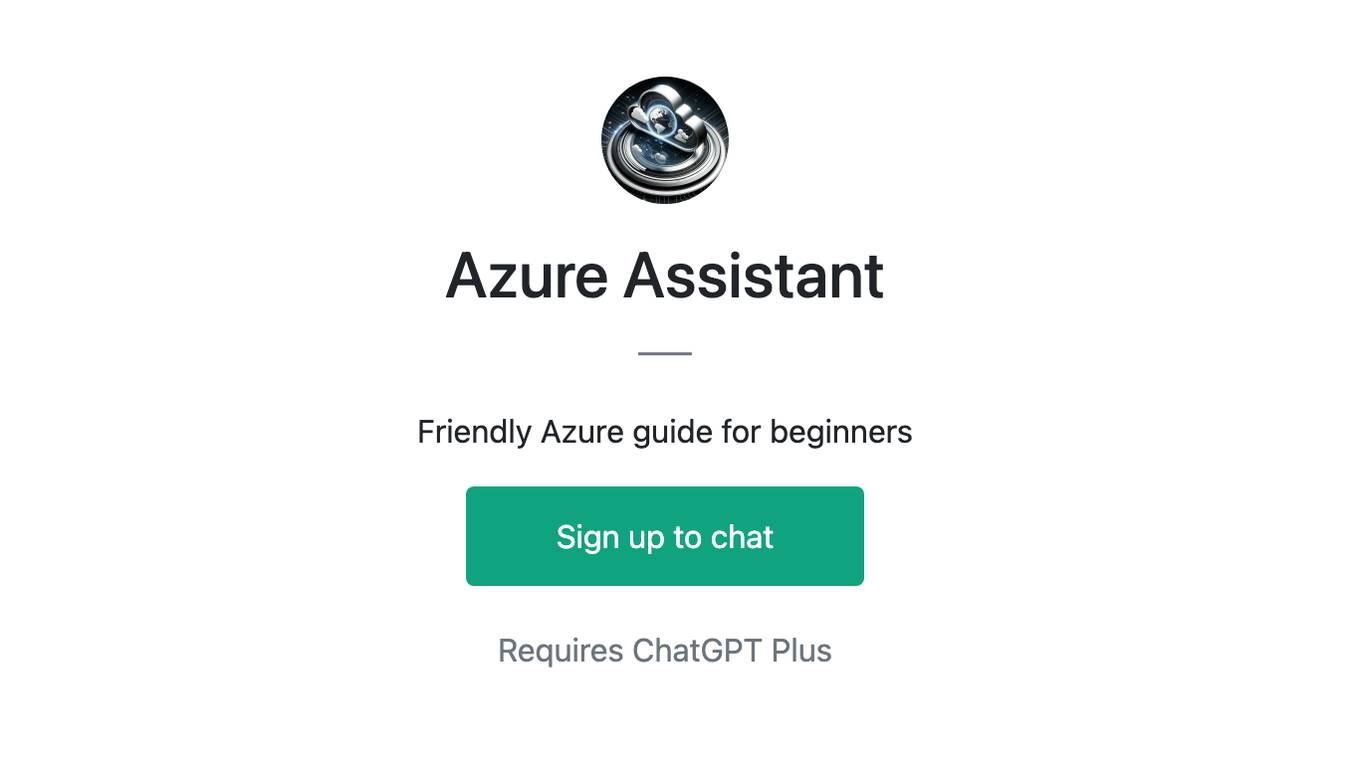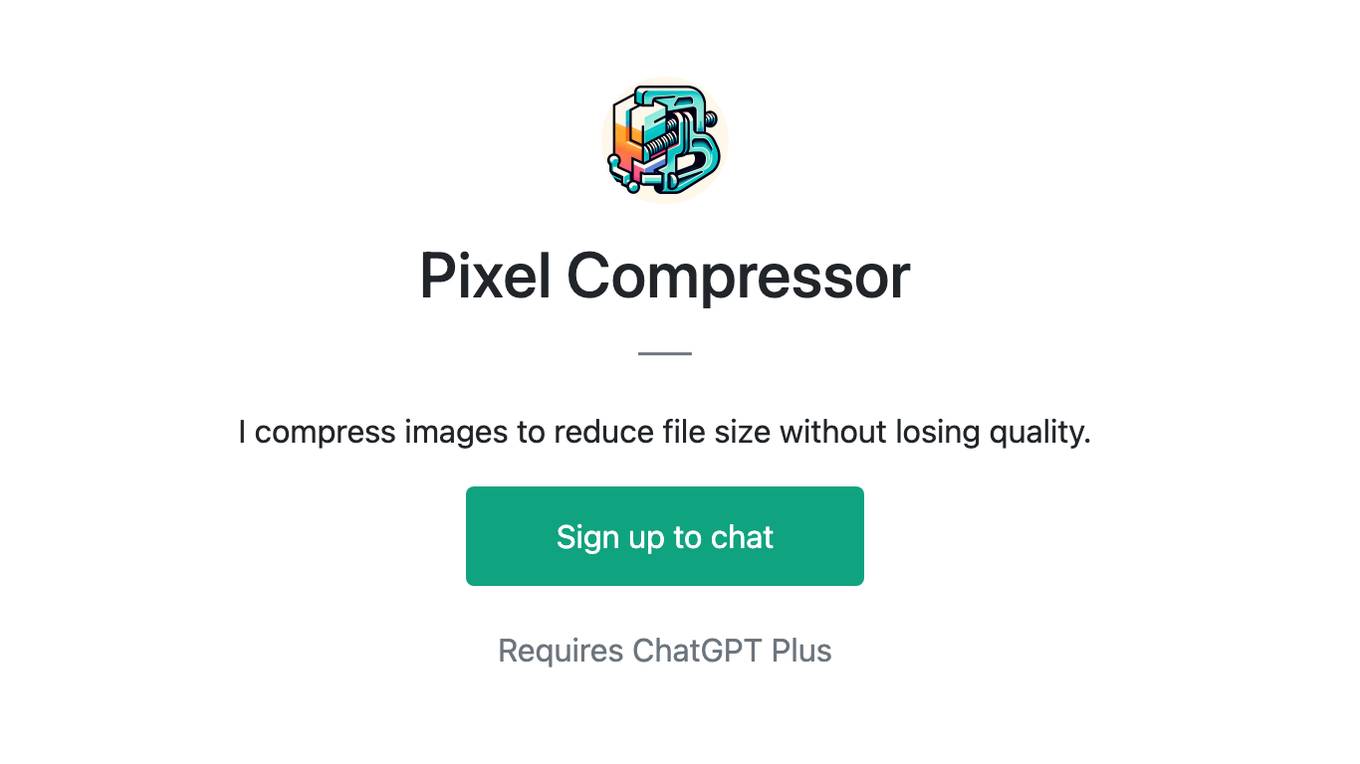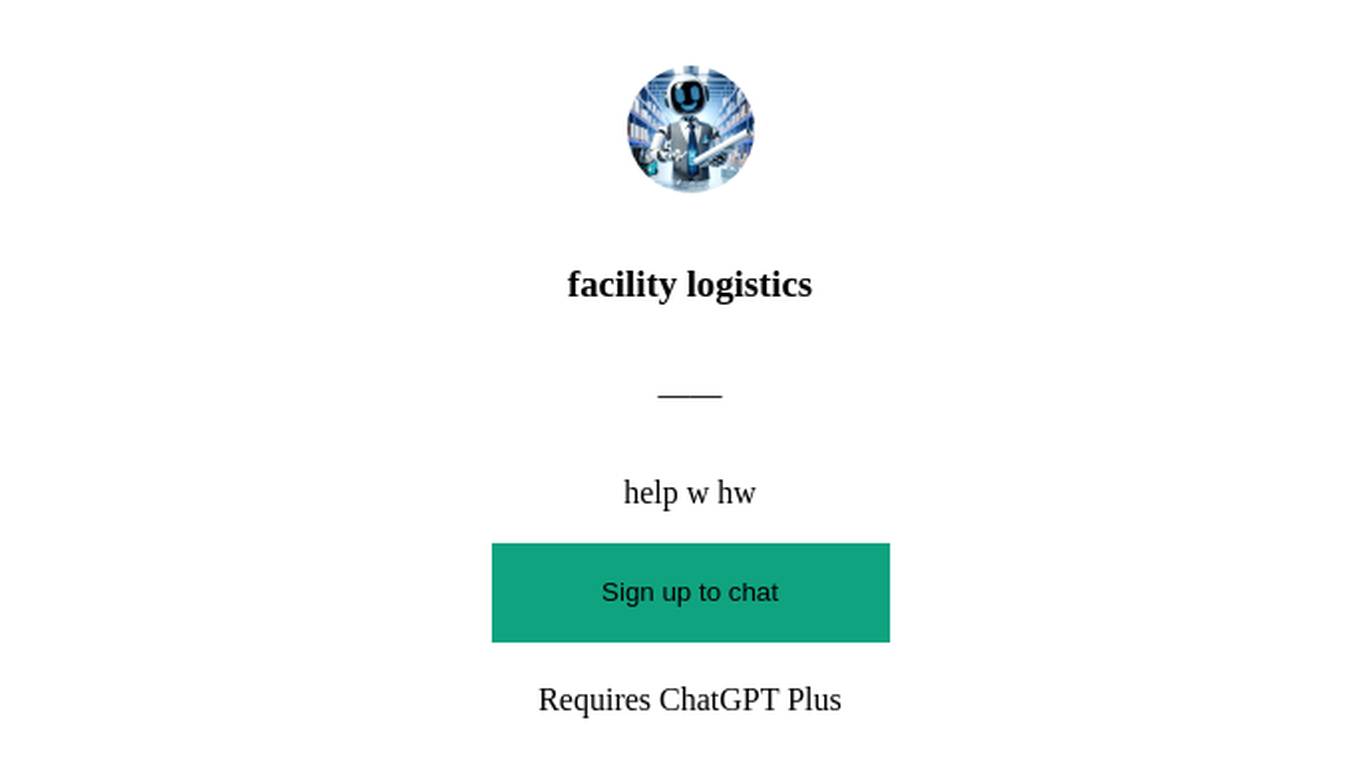Best AI tools for< Storage Engineer >
Infographic
20 - AI tool Sites

OpenBuckets
OpenBuckets is a web application designed to help users find and secure open buckets in cloud storage systems. It provides a user-friendly interface for scanning and identifying unprotected buckets, allowing users to take necessary actions to secure their data. With OpenBuckets, users can easily detect potential security risks and prevent unauthorized access to their sensitive information stored in the cloud.

Loom
Loom is a free screen recorder for Mac and PC that allows users to easily record and share AI-powered video messages with their teammates and customers. With Loom, users can quickly record their screen and camera, and then share their videos anywhere they work, including Google Workspace, Slack, and more. Loom also offers a variety of features to help users edit and personalize their videos, including the ability to trim and stitch video clips, add custom logos and thumbnails, and add tasks, CTAs, comments, and emojis. Loom is used by over 25 million people across 400,000 companies, and is a valuable tool for sales, engineering, customer support, design, and more.
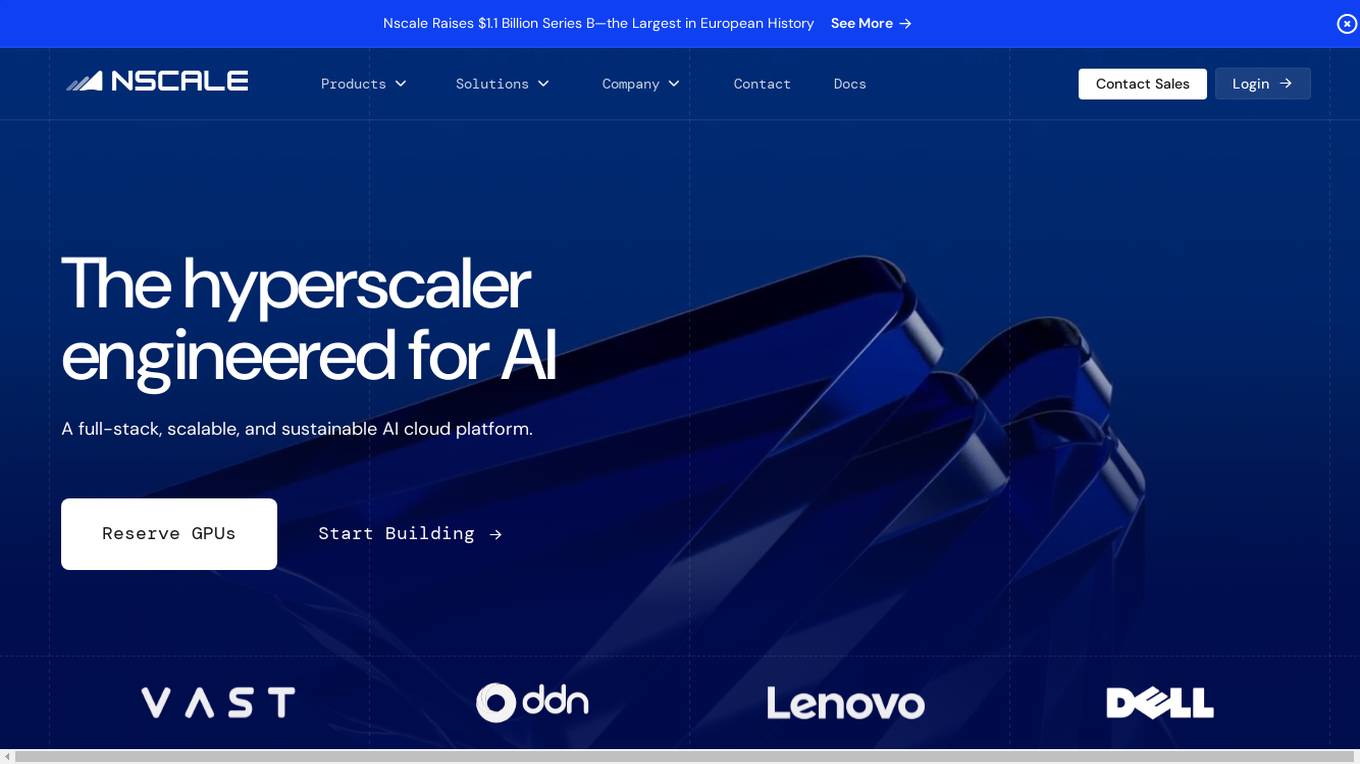
Nscale
Nscale is a full-stack, scalable, and sustainable AI cloud platform that offers a wide range of AI services and solutions. It provides services for developing, training, tuning, and deploying AI models using on-demand services. Nscale also offers serverless inference API endpoints, fine-tuning capabilities, private cloud solutions, and various GPU clusters engineered for AI. The platform aims to simplify the journey from AI model development to production, offering a marketplace for AI/ML tools and resources. Nscale's infrastructure includes data centers powered by renewable energy, high-performance GPU nodes, and optimized networking and storage solutions.

Flexxon
Flexxon is a leading industrial SSD & NAND manufacturer dedicated to ensuring data security and reliability. They offer a wide range of industrial-grade SSD and NAND products, including USB flash memory devices, memory cards, PATA SSD, SATA SSD, eMMC storage solutions, and PCIe NVMe SSD. Their flagship product is the Flexxon CyberSecure SSD, which is the world's first AI-powered cybersecurity solution providing real-time data protection at the storage level. Flexxon values product longevity, quality, and reliability, offering customizable memory solutions and strong technical support to their customers worldwide.
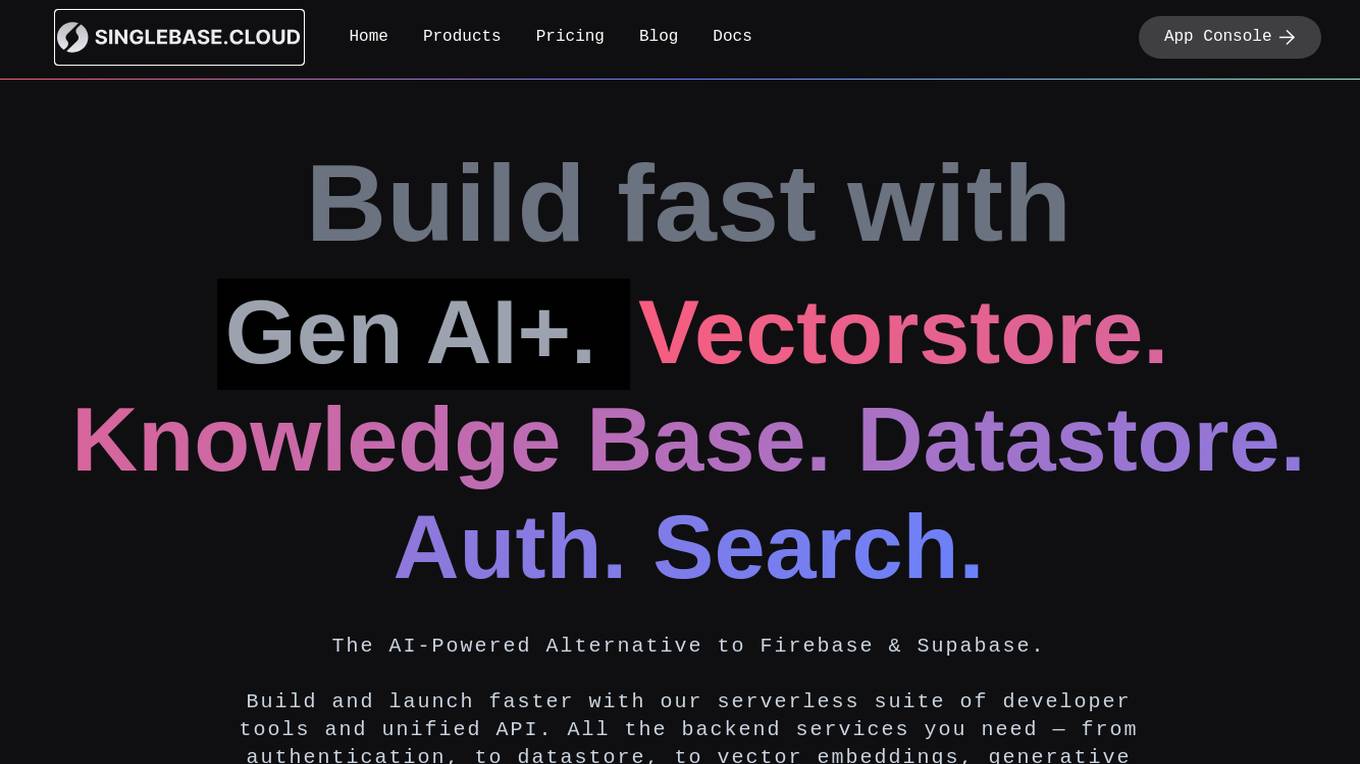
Singlebase
Singlebase.cloud is an AI-powered platform that serves as an alternative to Firebase and Supabase. It offers a comprehensive suite of tools and services to facilitate faster development and deployment through a unified API. The platform includes features such as Vector Database, NoSQL Database, Vector Embeddings, Generative AI, RAG, Knowledge Base, File storage, and Authentication, catering to a wide range of development needs.
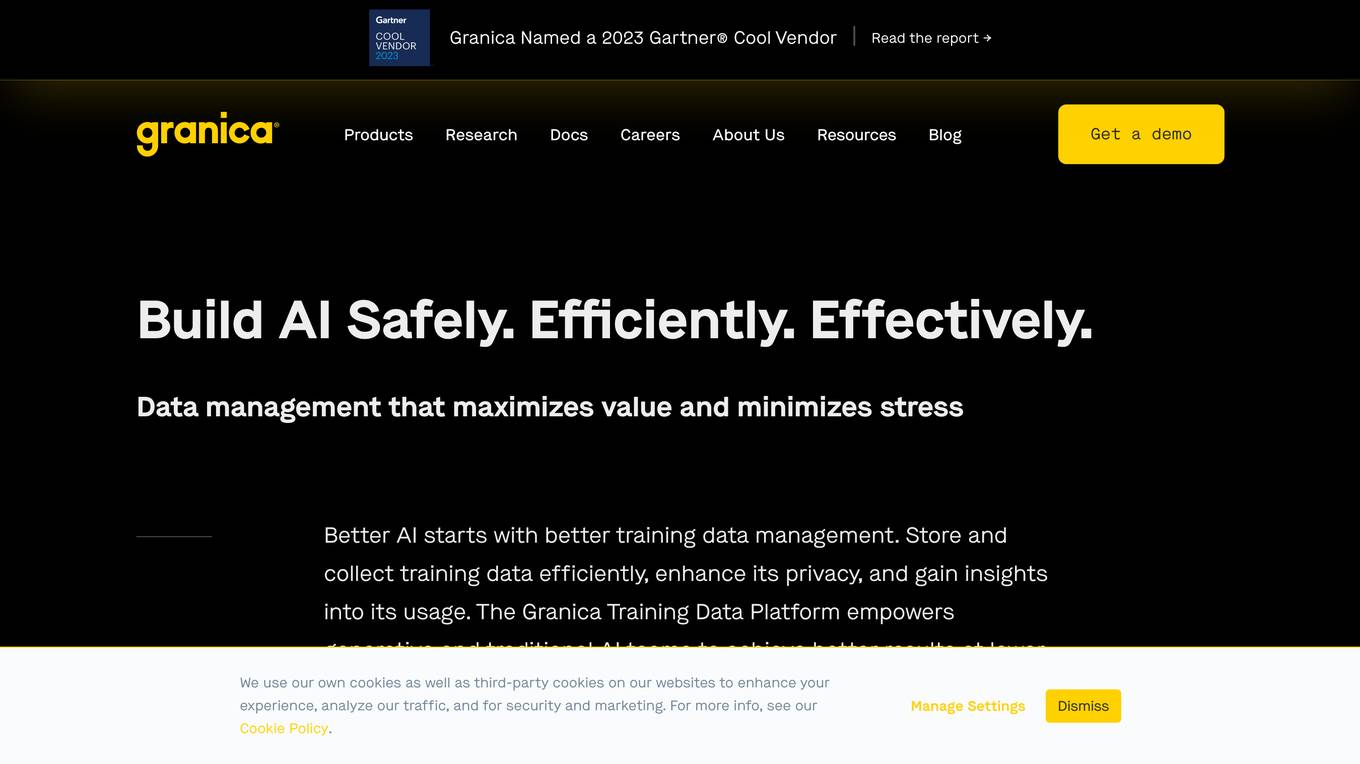
Granica
Granica is an AI tool designed for data compression and optimization, enabling users to transform petabytes of data into terabytes with self-optimizing, lossless compression. It offers state-of-the-art technology that works seamlessly across various platforms like Iceberg, Delta, Trino, Spark, Snowflake, and Databricks. Granica helps organizations reduce storage costs, improve query performance, and enhance data accessibility for AI and analytics workloads.

Codimite
Codimite is an AI-assisted offshore development services solution that specializes in Web2 to Web3 communication. They offer PWA solutions, cloud modernization, and a range of services to help organizations maximize opportunities with state-of-the-art technologies. With a dedicated team of engineers and project managers, Codimite ensures efficient project management and communication. Their unique culture, experienced team, and focus on performance empower clients to achieve success. Codimite also excels in development infrastructure modernization, collaboration, data, and artificial intelligence development. They have a strong partnership with Google Cloud and offer services such as application migration, cost optimization, and collaboration solutions.
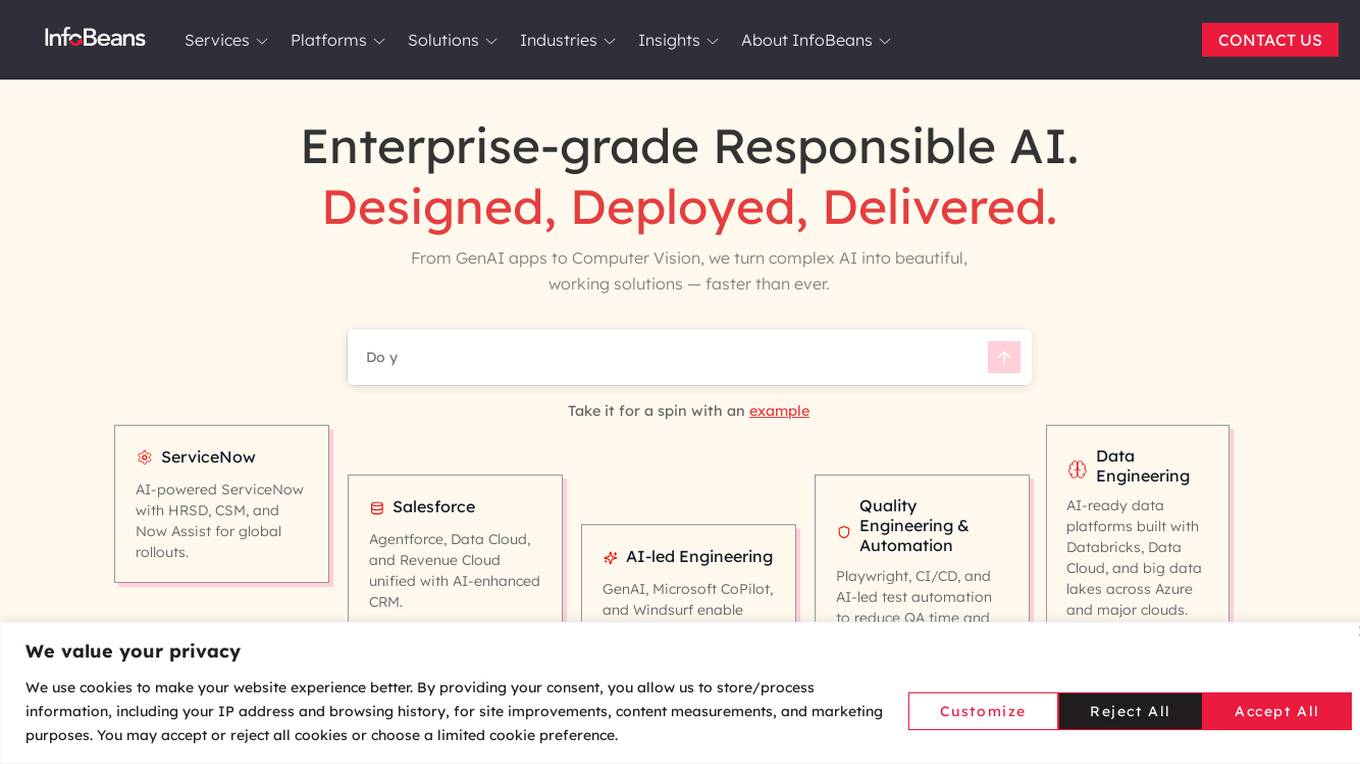
InfoBeans
InfoBeans is an AI application that offers digital transformation, product engineering, and design services. The platform provides Design-Led AI services, ServiceNow HRSD, and builds Narrow and Gen AI enterprise applications. It focuses on modernization, managed services, and DevOps. InfoBeans leverages AI to enhance employee experience, improve IT readiness for AI, and streamline committee management. The platform also offers AI insights, automation solutions, and AI-optimized storage across various platforms. With a strong emphasis on AI-first engineering, InfoBeans delivers rapid and efficient solutions for various industries.

SID
SID is a data ingestion, storage, and retrieval pipeline that provides real-time context for AI applications. It connects to various data sources, handles authentication and permission flows, and keeps information up-to-date. SID's API allows developers to retrieve the right piece of data for a given task, enabling them to build AI apps that are fast, accurate, and scalable. With SID, developers can focus on building their products and leave the data management to SID.
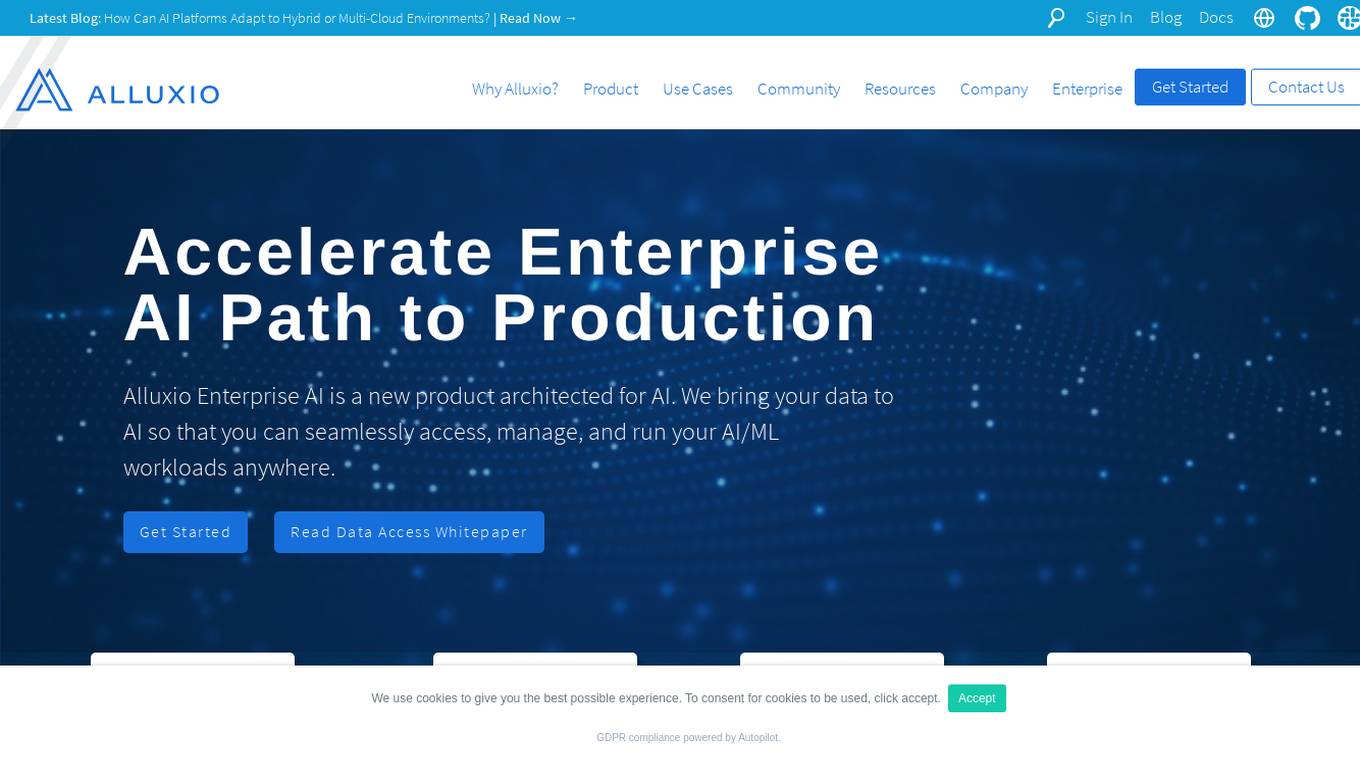
Alluxio
Alluxio is a data orchestration platform designed for the cloud, offering seamless access, management, and running of AI/ML workloads. Positioned between compute and storage, Alluxio provides a unified solution for enterprises to handle data and AI tasks across diverse infrastructure environments. The platform accelerates model training and serving, maximizes infrastructure ROI, and ensures seamless data access. Alluxio addresses challenges such as data silos, low performance, data engineering complexity, and high costs associated with managing different tech stacks and storage systems.
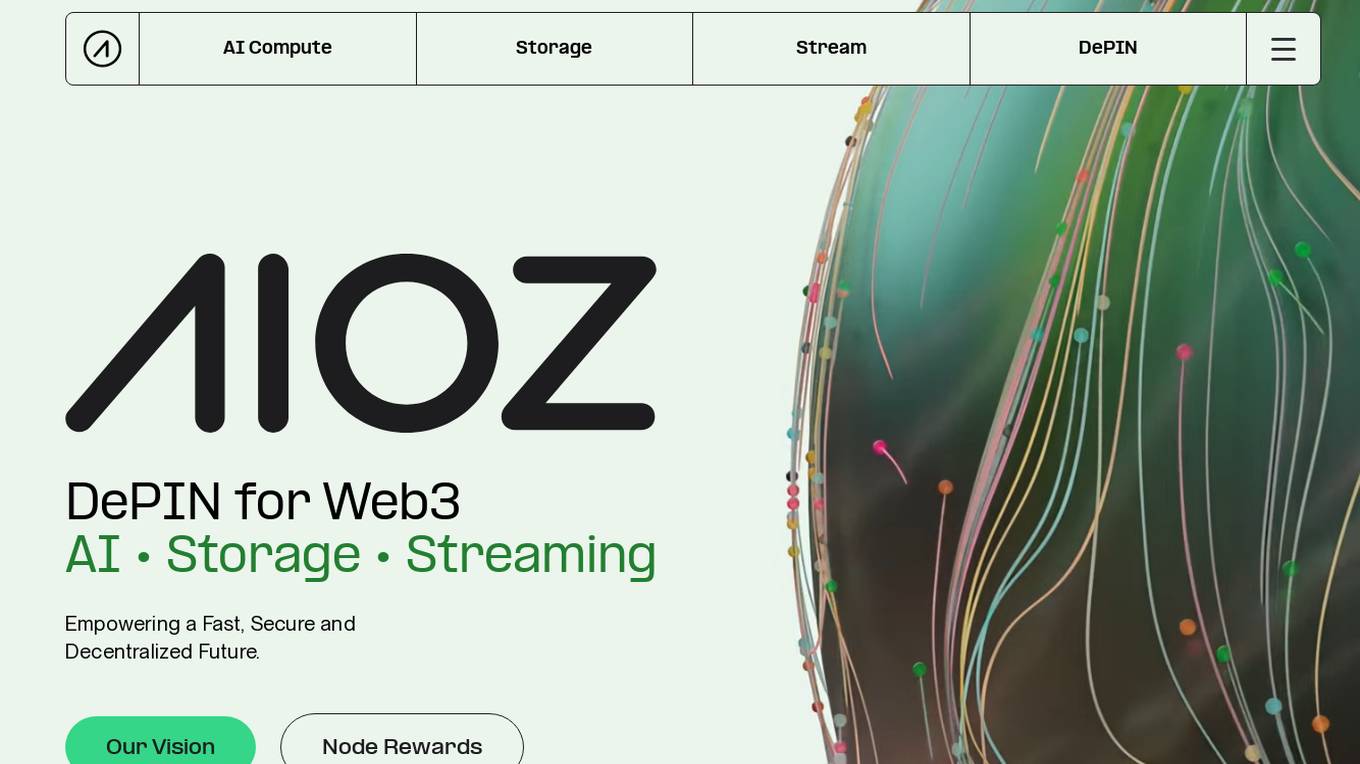
AIOZ Network
AIOZ Network is an AI-powered platform that focuses on Web3, AI, storage, and streaming services. It offers decentralized AI computation, fast and reliable storage solutions, and seamless video streaming for dApps within the network. AIOZ aims to empower a fast, secure, and decentralized future by providing a one-click integration of dApps on the AIOZ blockchain, supporting popular smart contract languages, and utilizing spare computing resources from a global community of nodes.

DDN A³I
DDN A³I is an AI storage platform that maximizes business differentiation and market leadership through data utilization, AI, and advanced analytics. It offers comprehensive enterprise features, easy deployment and management, predictable scaling, data protection, and high performance. DDN A³I enables organizations to accelerate insights, reduce costs, and optimize GPU productivity for faster results.

Cordel Connect
Cordel Connect is an open-data inspection management platform that enables the storage, management, visualization, and intelligent analysis of railway inspection data. It offers powerful, precise, unattended sensing systems and data workflows to help railways automate high-frequency, high-precision inspections from any rail vehicle. The platform consolidates all survey and inspection data into a single source of truth, eliminating data silos and integrating with existing systems. Cordel Connect utilizes powerful AI to automate the infrastructure inspection process, delivering improved inspection insights and compliance. It also provides modules for managing surveys, asset inspections, and safety compliance assessments tailored to network standards.
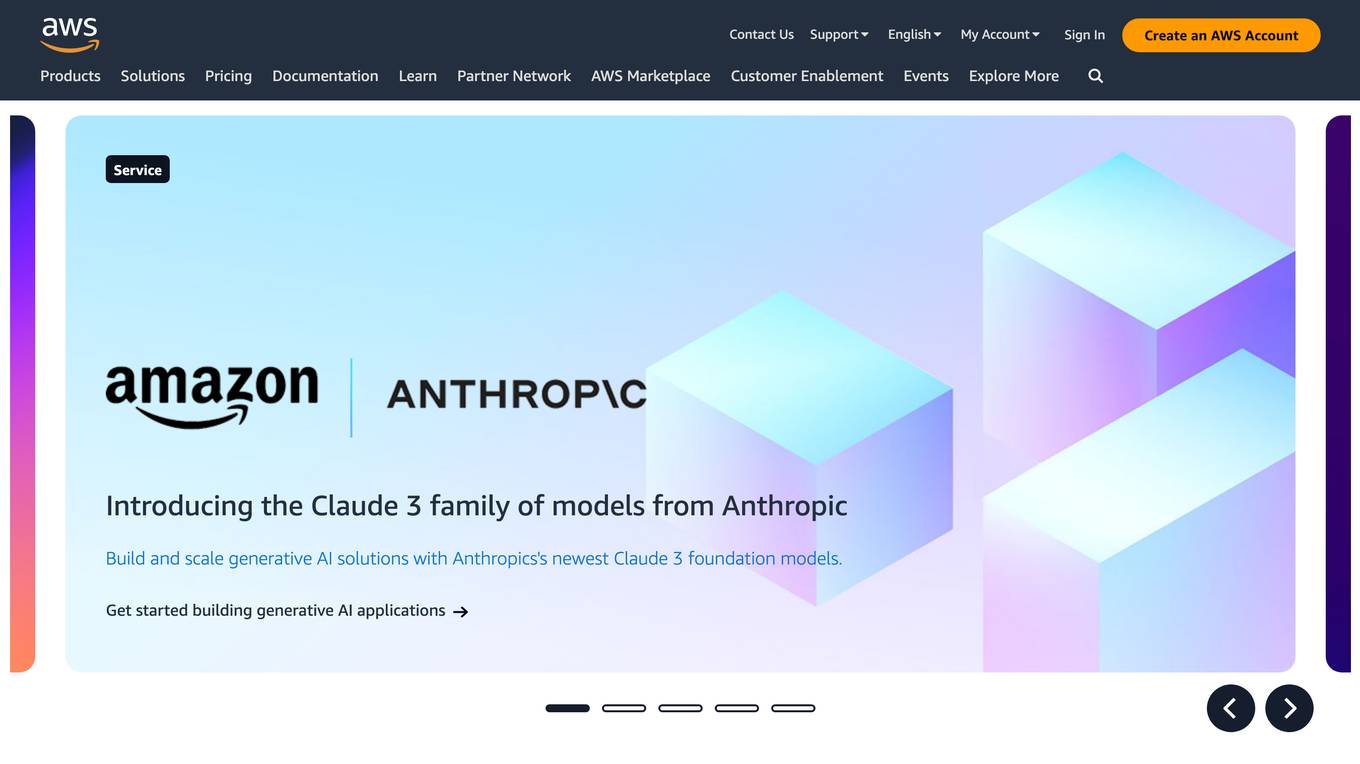
Amazon Web Services (AWS)
Amazon Web Services (AWS) is a comprehensive, evolving cloud computing platform from Amazon that provides a broad set of global compute, storage, database, analytics, application, and deployment services that help organizations move faster, lower IT costs, and scale applications. With AWS, you can use as much or as little of its services as you need, and scale up or down as required with only a few minutes notice. AWS has a global network of regions and availability zones, so you can deploy your applications and data in the locations that are optimal for you.
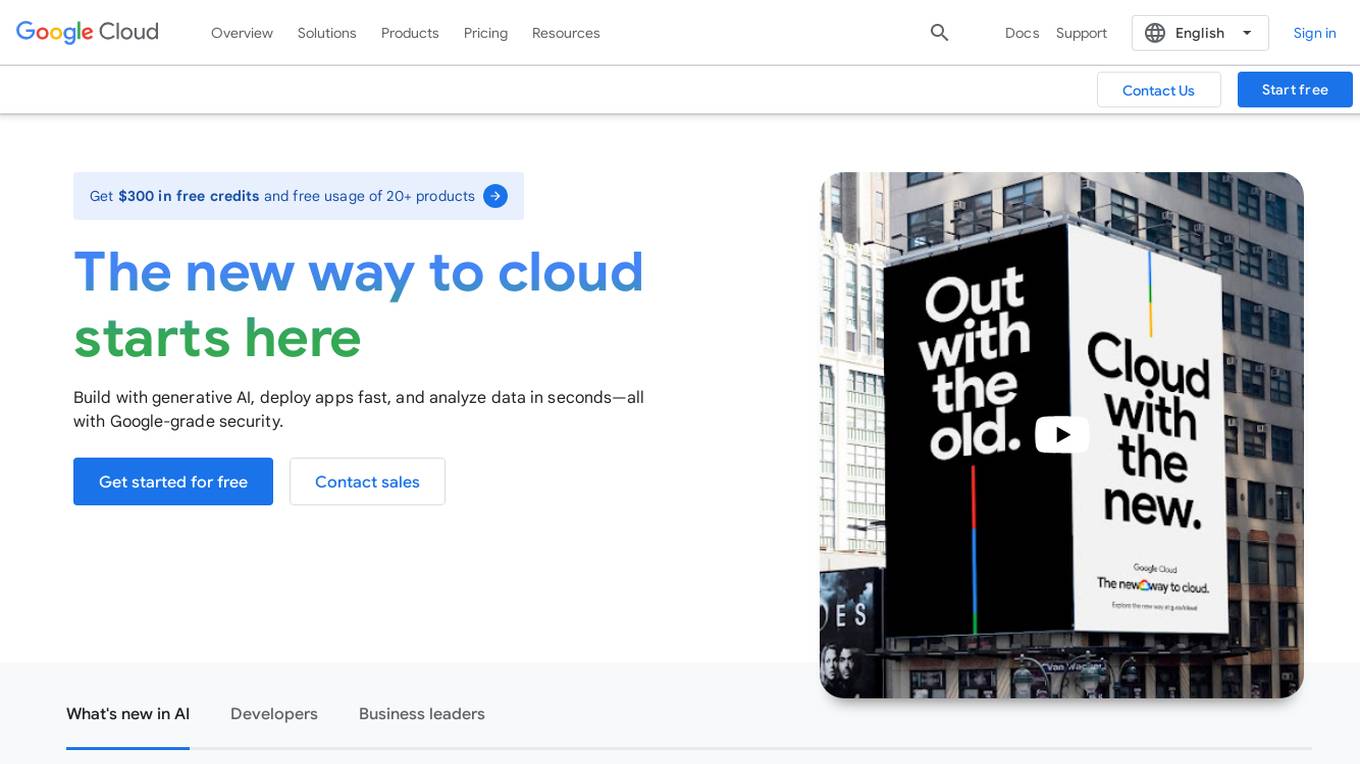
Google Cloud
Google Cloud is a suite of cloud computing services that runs on the same infrastructure as Google. Its services include computing, storage, networking, databases, machine learning, and more. Google Cloud is designed to make it easy for businesses to develop and deploy applications in the cloud. It offers a variety of tools and services to help businesses with everything from building and deploying applications to managing their infrastructure. Google Cloud is also committed to sustainability, and it has a number of programs in place to reduce its environmental impact.
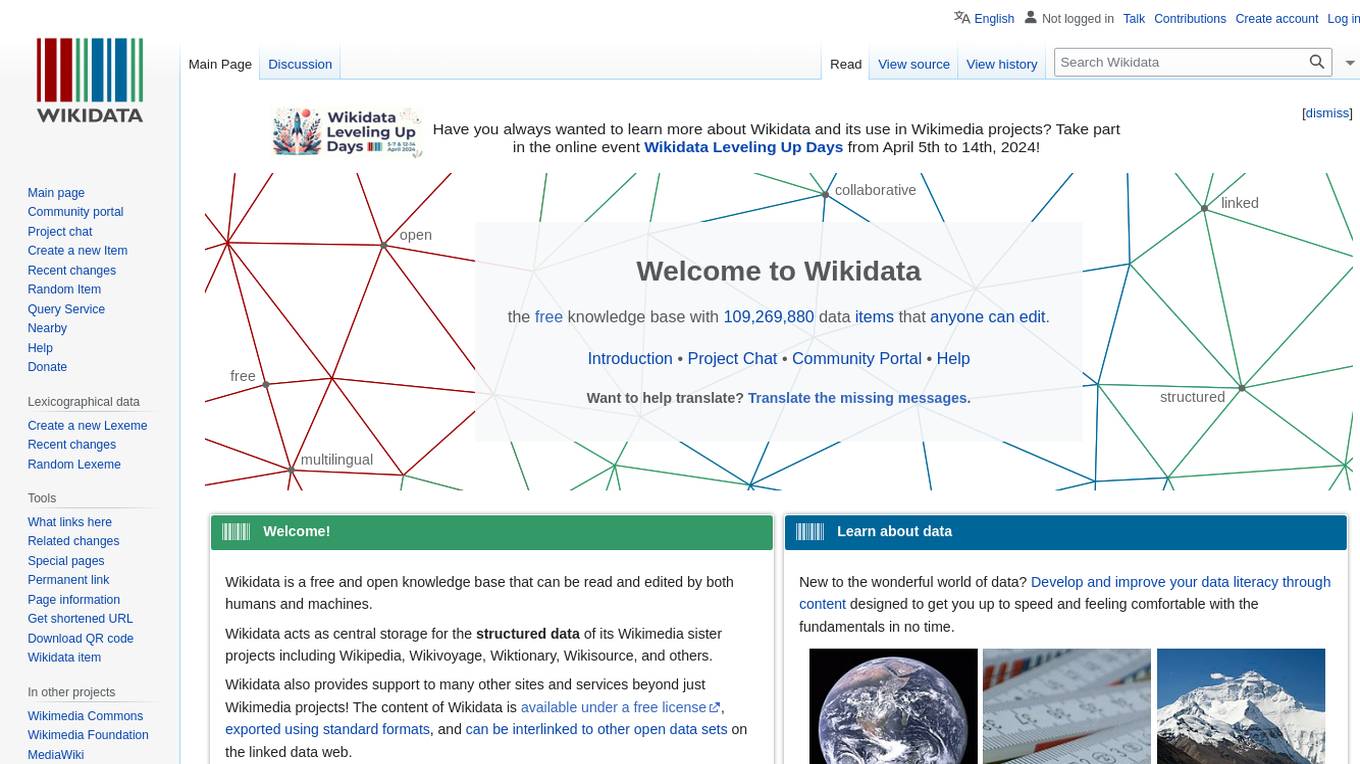
Wikidata
Wikidata is a free and open knowledge base that can be read and edited by both humans and machines. It acts as central storage for the structured data of its Wikimedia sister projects including Wikipedia, Wikivoyage, Wiktionary, Wikisource, and others. Wikidata also provides support to many other sites and services beyond just Wikimedia projects!
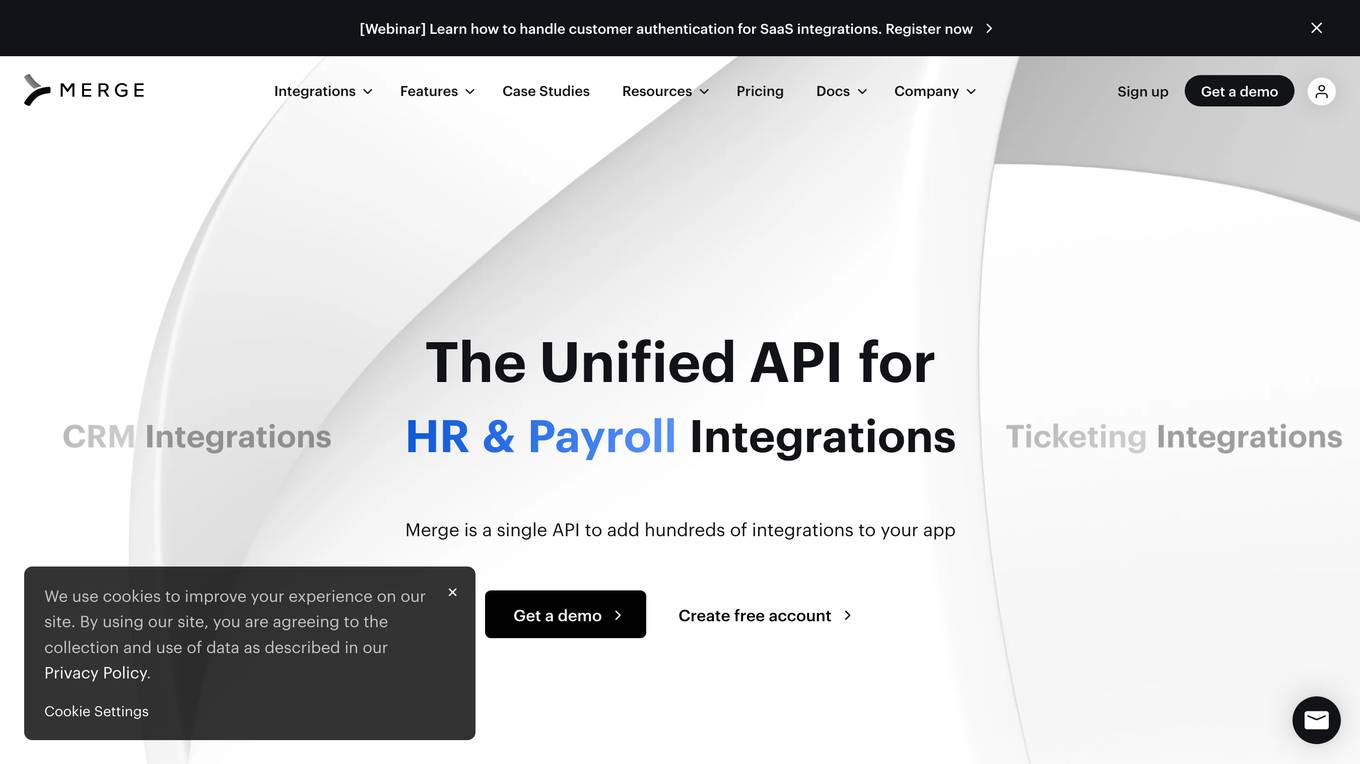
Merge
Merge is a unified API platform that offers integrations for various functions such as HR, Payroll, Accounting, Ticketing, CRM, and File Storage. It provides a wide range of features including auto-provisioning, candidate sourcing, project analysis, financial analysis, and more. Merge helps businesses streamline their operations, improve efficiency, and accelerate revenue growth through seamless integrations. The platform is designed to enhance customer data utilization and power AI products with real-time data from multiple sources.
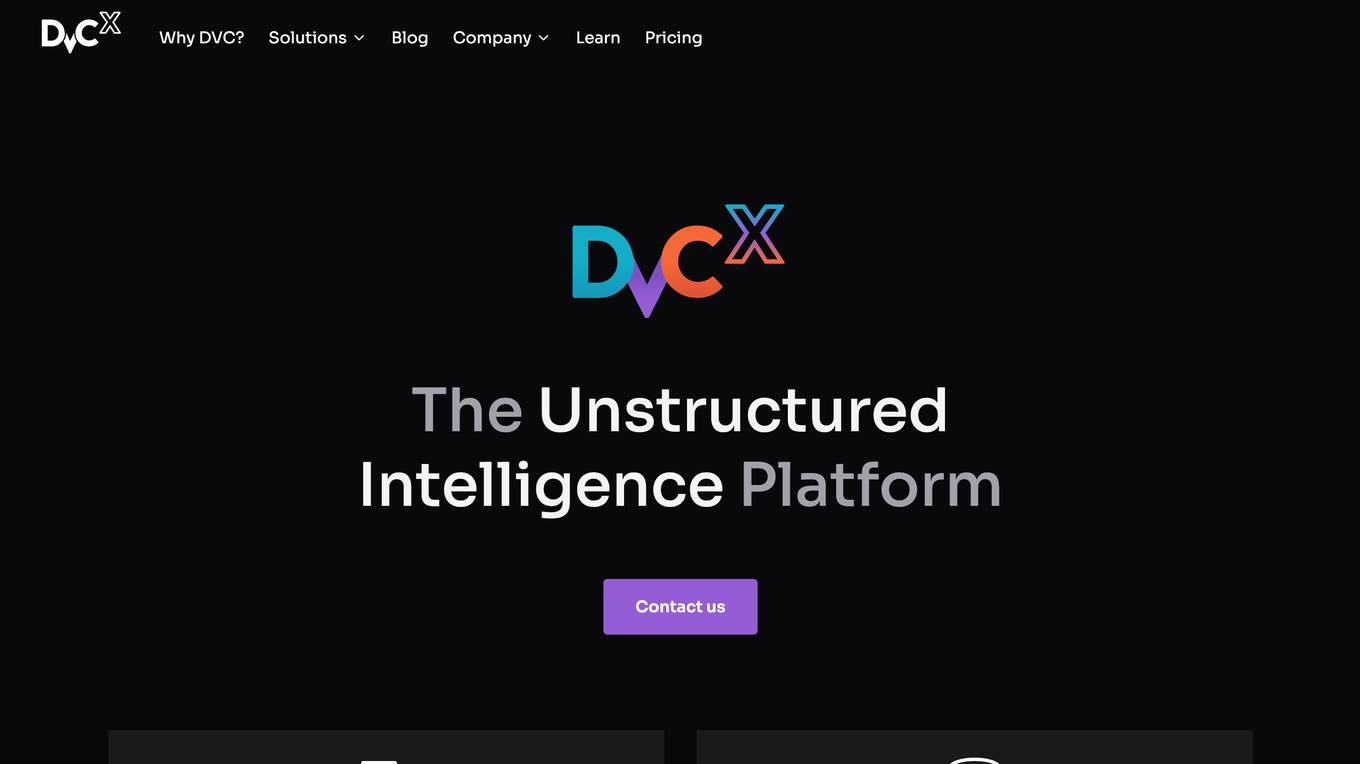
DVC
DVC is an open-source platform for managing machine learning data and experiments. It provides a unified interface for working with data from various sources, including local files, cloud storage, and databases. DVC also includes tools for versioning data and experiments, tracking metrics, and automating compute resources. DVC is designed to make it easy for data scientists and machine learning engineers to collaborate on projects and share their work with others.
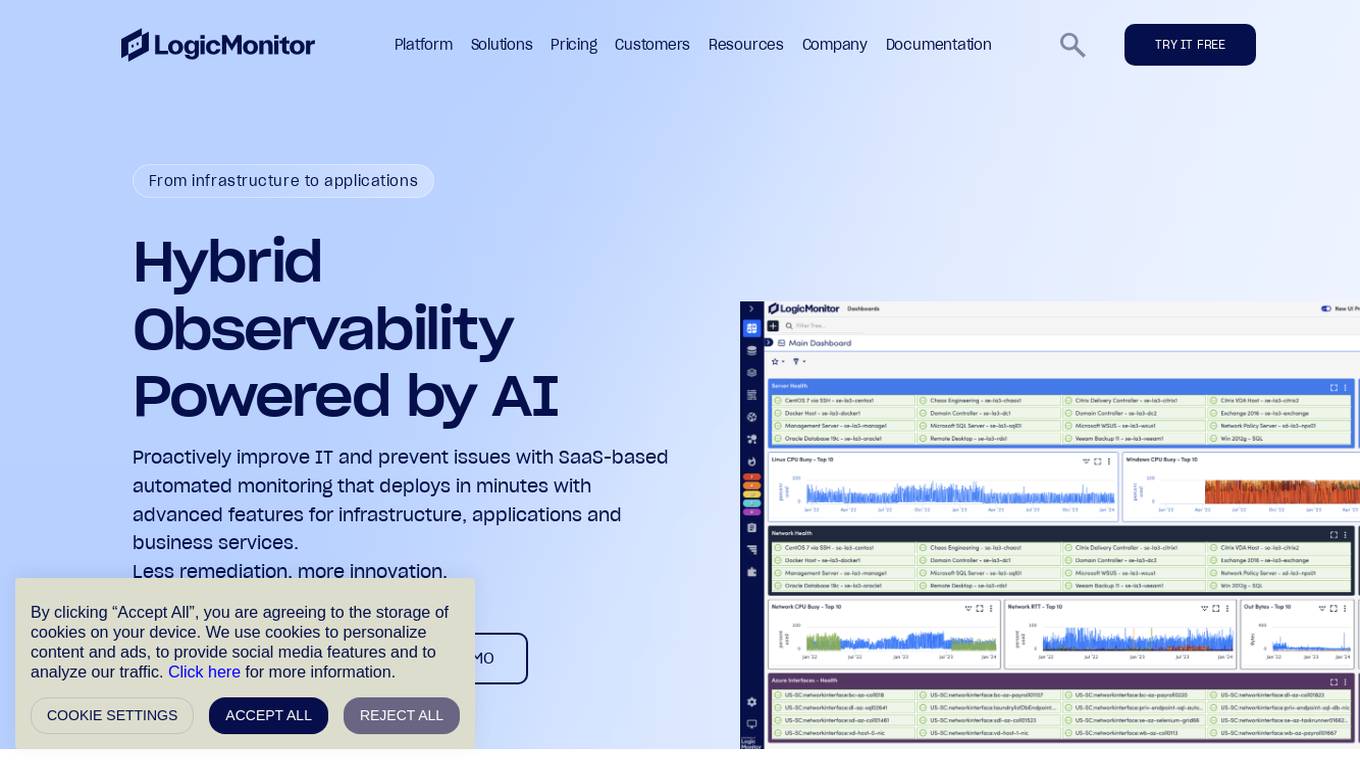
LogicMonitor
LogicMonitor is a cloud-based infrastructure monitoring platform that provides real-time insights and automation for comprehensive, seamless monitoring with agentless architecture. It offers a wide range of features including infrastructure monitoring, network monitoring, server monitoring, remote monitoring, virtual machine monitoring, SD-WAN monitoring, database monitoring, storage monitoring, configuration monitoring, cloud monitoring, container monitoring, AWS Monitoring, GCP Monitoring, Azure Monitoring, digital experience SaaS monitoring, website monitoring, APM, AIOPS, Dexda Integrations, security dashboards, and platform demo logs. LogicMonitor's AI-driven hybrid observability helps organizations simplify complex IT ecosystems, accelerate incident response, and thrive in the digital landscape.
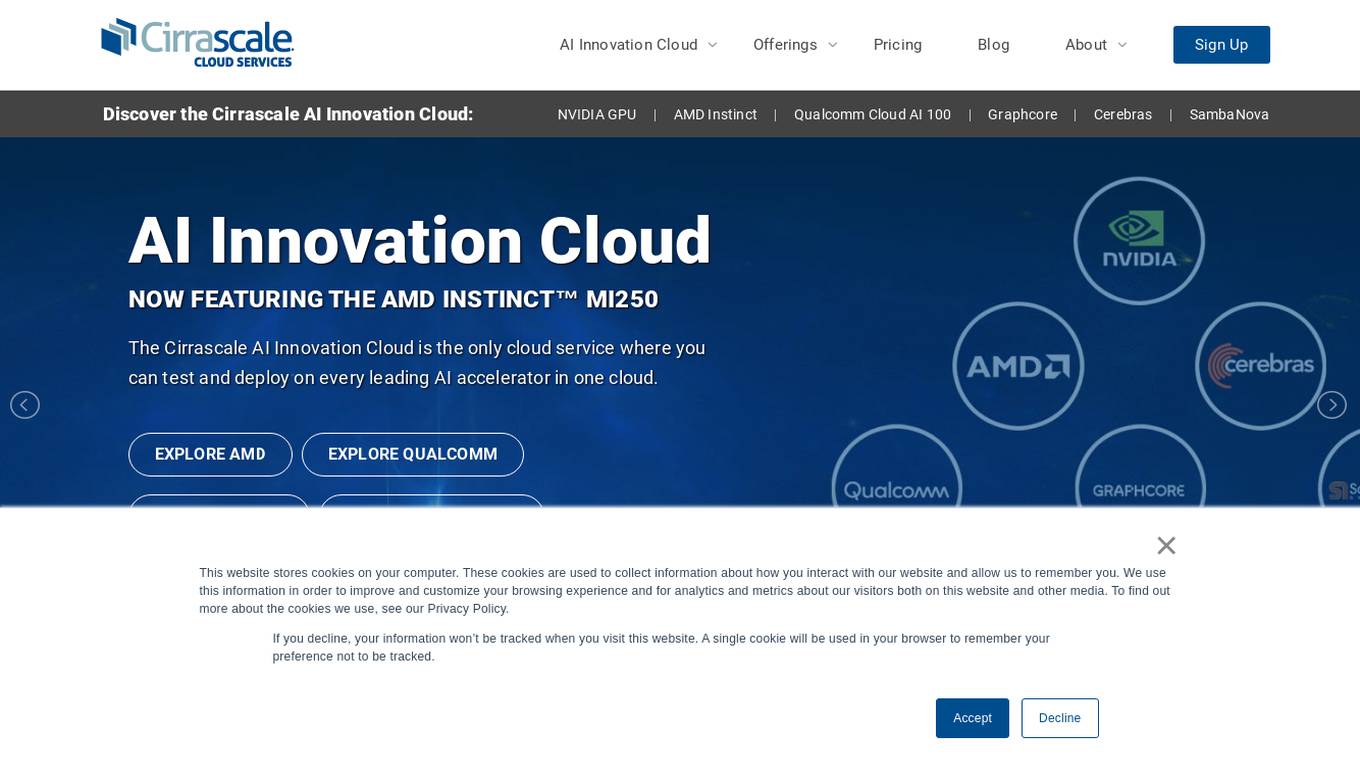
Cirrascale Cloud Services
Cirrascale Cloud Services is an AI tool that offers cloud solutions for Artificial Intelligence applications. The platform provides a range of cloud services and products tailored for AI innovation, including NVIDIA GPU Cloud, AMD Instinct Series Cloud, Qualcomm Cloud, Graphcore, Cerebras, and SambaNova. Cirrascale's AI Innovation Cloud enables users to test and deploy on leading AI accelerators in one cloud, democratizing AI by delivering high-performance AI compute and scalable deep learning solutions. The platform also offers professional and managed services, tailored multi-GPU server options, and high-throughput storage and networking solutions to accelerate development, training, and inference workloads.
2 - Open Source Tools
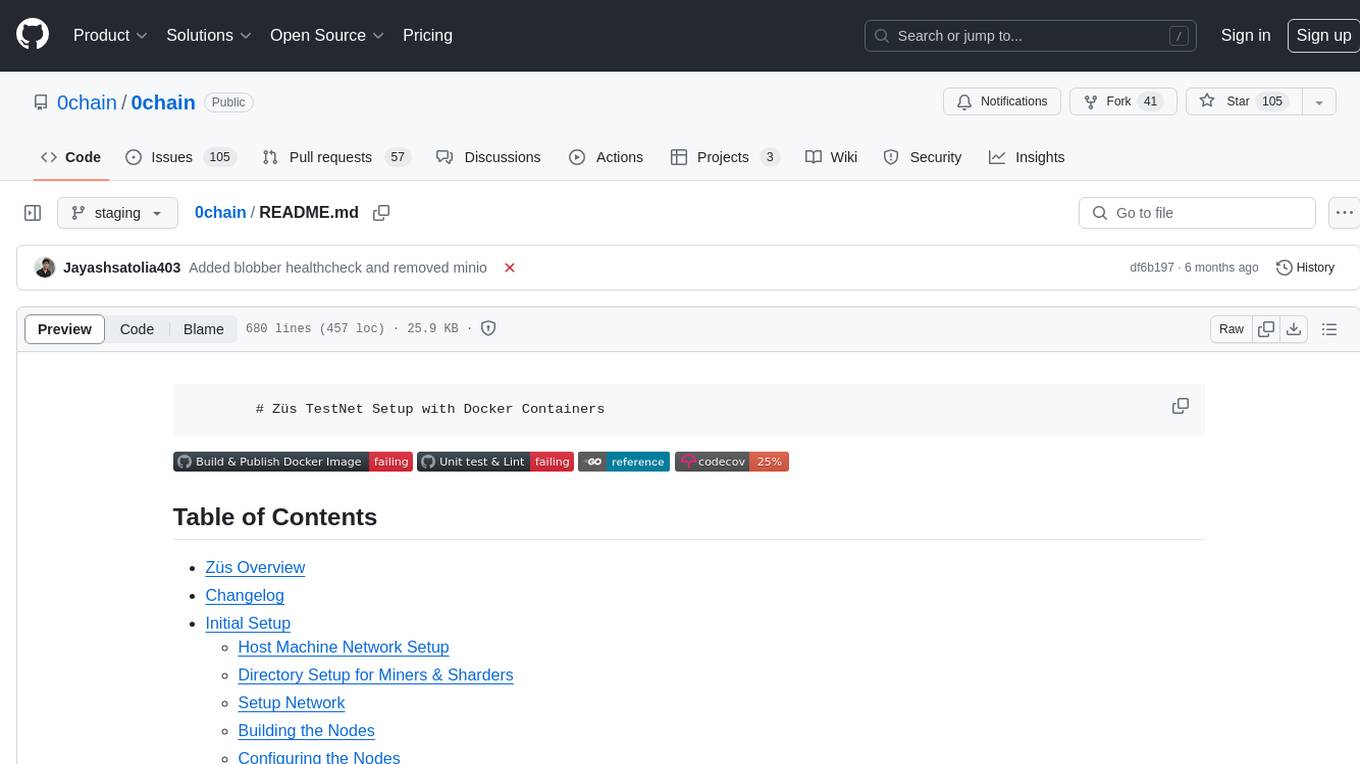
0chain
Züs is a high-performance cloud on a fast blockchain offering privacy and configurable uptime. It uses erasure code to distribute data between data and parity servers, allowing flexibility for IT managers to design for security and uptime. Users can easily share encrypted data with business partners through a proxy key sharing protocol. The ecosystem includes apps like Blimp for cloud migration, Vult for personal cloud storage, and Chalk for NFT artists. Other apps include Bolt for secure wallet and staking, Atlus for blockchain explorer, and Chimney for network participation. The QoS protocol challenges providers based on response time, while the privacy protocol enables secure data sharing. Züs supports hybrid and multi-cloud architectures, allowing users to improve regulatory compliance and security requirements.
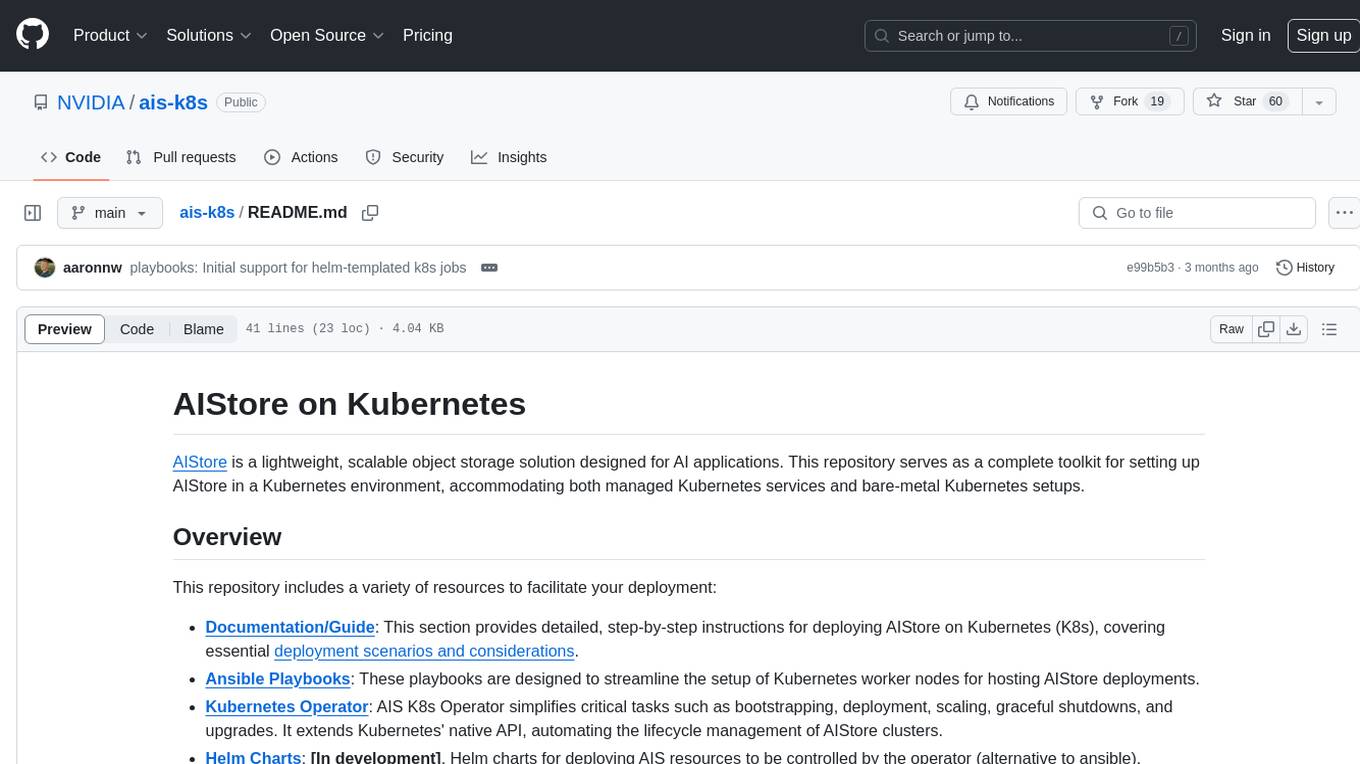
ais-k8s
AIStore on Kubernetes is a toolkit for deploying a lightweight, scalable object storage solution designed for AI applications in a Kubernetes environment. It includes documentation, Ansible playbooks, Kubernetes operator, Helm charts, and Terraform definitions for deployment on public cloud platforms. The system overview shows deployment across nodes with proxy and target pods utilizing Persistent Volumes. The AIStore Operator automates cluster management tasks. The repository focuses on production deployments but offers different deployment options. Thorough planning and configuration decisions are essential for successful multi-node deployment. The AIStore Operator simplifies tasks like starting, deploying, adjusting size, and updating AIStore resources within Kubernetes.
20 - OpenAI Gpts
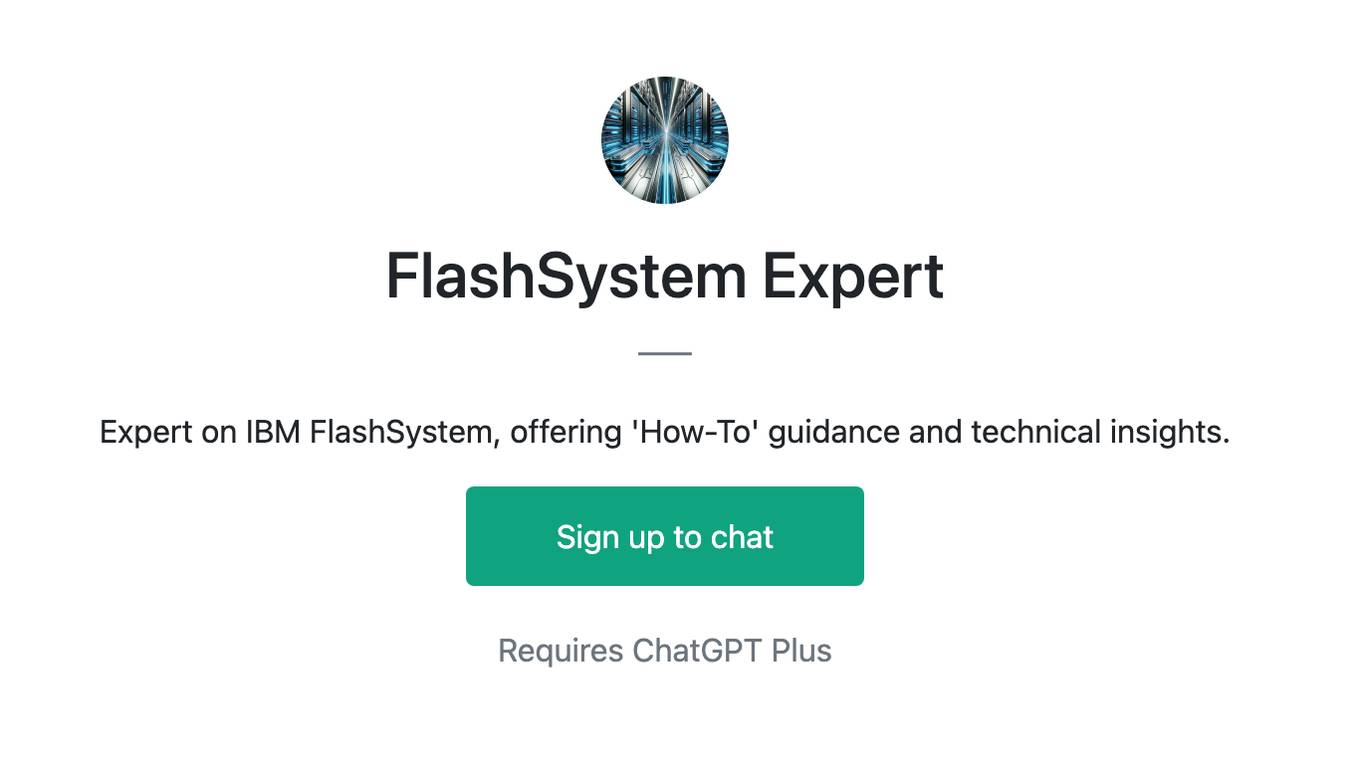
FlashSystem Expert
Expert on IBM FlashSystem, offering 'How-To' guidance and technical insights.
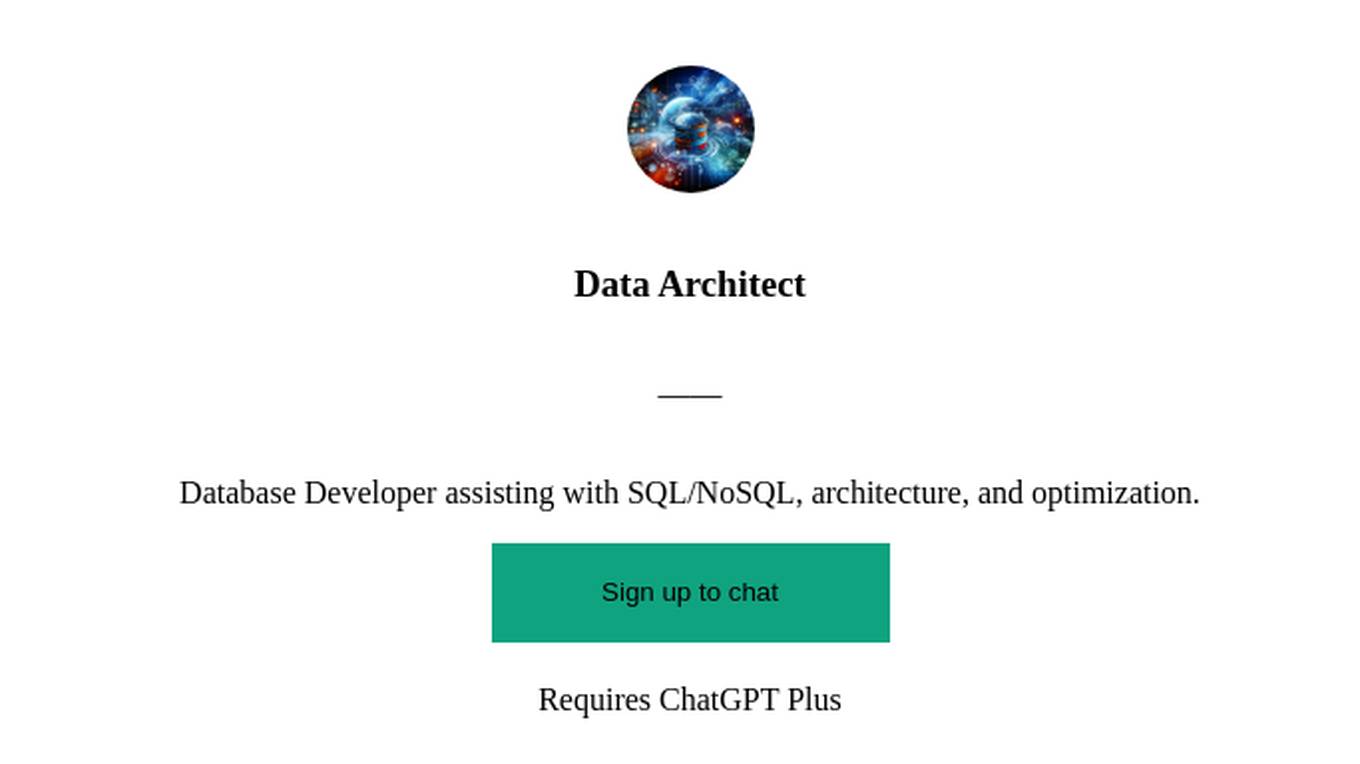
Data Architect
Database Developer assisting with SQL/NoSQL, architecture, and optimization.

Drug GPT
A drug encyclopedia for medical professionals, providing detailed drug information and tailored suggestions.


